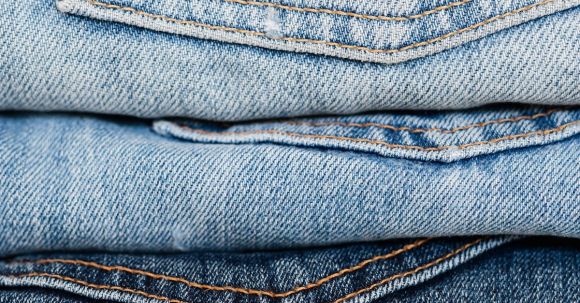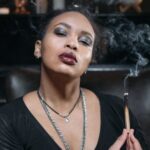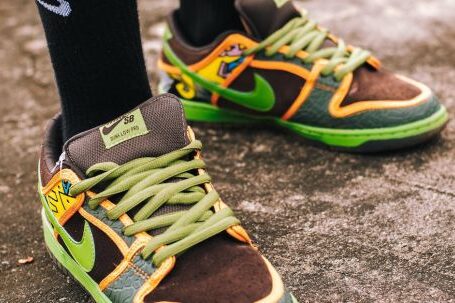In a world where fast fashion has dominated the industry for decades, there is a growing movement towards slow fashion. This shift in consumer behavior is driven by a desire for quality over quantity, as people are becoming more aware of the environmental and ethical impacts of the fashion industry. Slow fashion emphasizes the importance of sustainable practices, fair wages, and timeless designs. Let’s explore this rising trend and its implications for the future of fashion.
Sustainable Practices: A Breath of Fresh Air
One of the key principles of slow fashion is its commitment to sustainable practices. Unlike fast fashion, which relies on cheap materials and mass production, slow fashion focuses on using eco-friendly materials and minimizing waste. Sustainable fashion brands take into consideration the entire lifecycle of a garment, from its production to its disposal. They prioritize using organic or recycled materials, reducing water and energy consumption, and implementing recycling programs.
By choosing slow fashion, consumers are supporting brands that are actively taking steps to minimize their environmental footprint. This shift towards sustainability is not only beneficial for the planet but also for the people involved in the production process.
Fair Wages and Ethical Labor Practices
Another important aspect of slow fashion is its emphasis on fair wages and ethical labor practices. Fast fashion brands have long been criticized for their exploitative labor conditions, often outsourcing production to countries with lax labor laws. This has led to unsafe working environments, long hours, and low wages for garment workers.
In contrast, slow fashion brands prioritize fair wages and safe working conditions for their employees. They often work with small-scale artisans and local craftsmen, ensuring that their workers are paid fairly for their skills and labor. By supporting slow fashion, consumers are contributing to the fight against labor exploitation and promoting social justice.
Timeless Designs: Quality that Lasts
Fast fashion is notorious for its disposable nature. Trends come and go in the blink of an eye, and clothes are often discarded after only a few wears. On the other hand, slow fashion embraces timeless designs that are made to last. By investing in high-quality garments, consumers can build a sustainable and versatile wardrobe that withstands the test of time.
Slow fashion brands focus on creating pieces that are durable, well-made, and versatile. Instead of following fleeting trends, they prioritize classic styles and designs that can be worn for years to come. This not only reduces the amount of clothing that ends up in landfills but also encourages a more conscious and thoughtful approach to fashion consumption.
The Future of Fashion: A Call for Change
As the demand for slow fashion continues to grow, it is clear that the fashion industry is in need of a major transformation. Consumers are becoming more conscious of the impact of their fashion choices and are actively seeking out sustainable and ethical alternatives. This shift in consumer behavior is putting pressure on fast fashion brands to rethink their practices and adopt more sustainable approaches.
In conclusion, the rise of slow fashion represents a shift in consumer values towards quality over quantity. By embracing sustainable practices, fair wages, and timeless designs, slow fashion offers a more conscious and responsible approach to fashion consumption. It is a call for change within the industry, urging brands and consumers alike to prioritize the well-being of the planet and its people. As we move forward, it is essential that we continue to support and promote the principles of slow fashion, ensuring a more sustainable and ethical future for the fashion industry.





